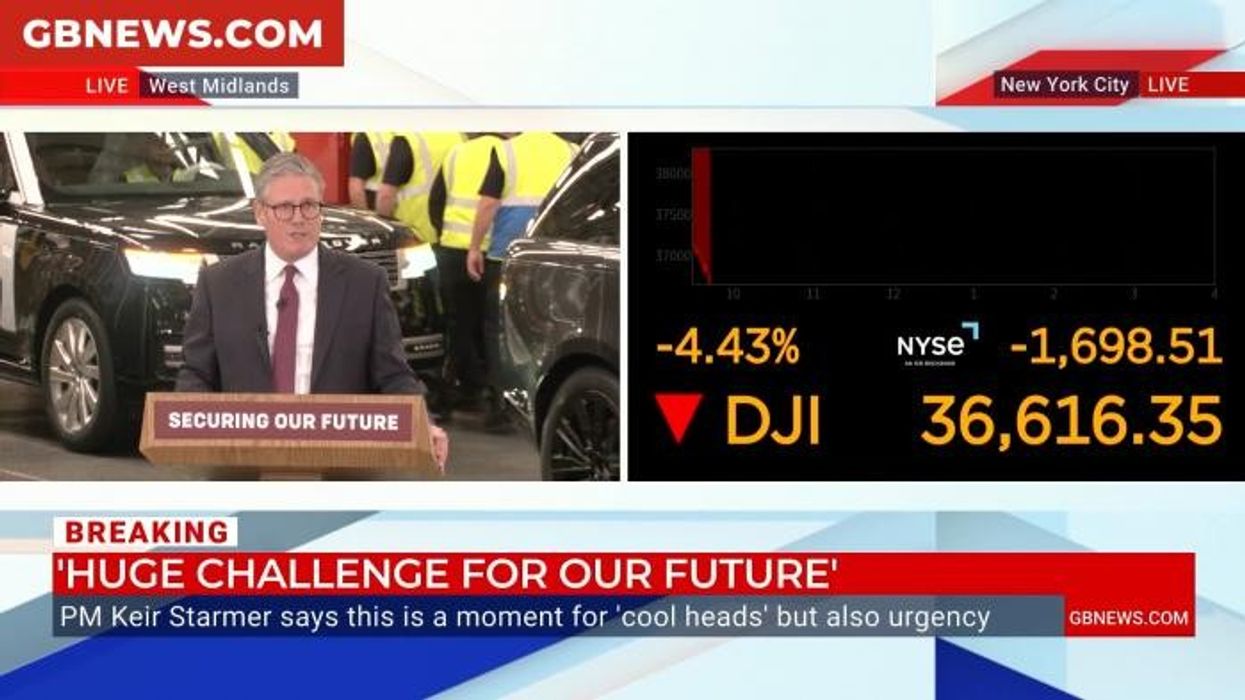Driving law changes you missed in June including new licence rules and HMRC updates for petrol, diesel and EV owners

Following a consultation that ended in June, drivers could soon see changes to all car parks around the UK
Don't Miss
Most Read
Motorists are being warned of new rules that launched in the past few weeks that could impact their licences, as well as how much they pay to use their vehicles.
June saw important updates for motorists, from Government funding for electric vehicle chargers to new licence rules that could allow drivers to use certain vehicles.
To help drivers deal with the countless motoring changes, GB News has rounded up the most important new rules you need to be aware of.
Do you have a story you'd like to share? Get in touch by emailing motoring@gbnews.uk
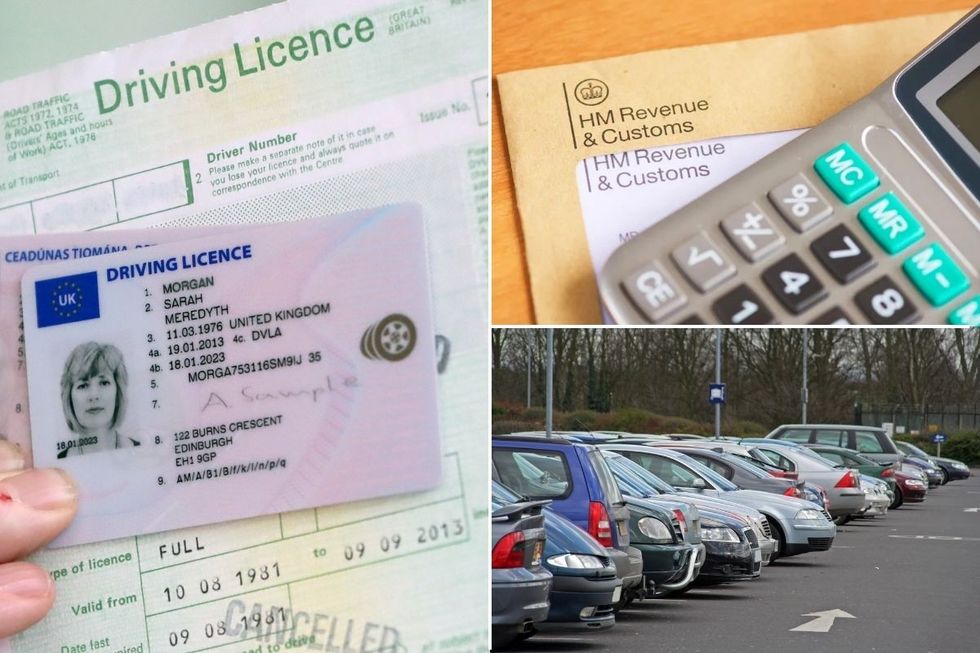
Several crucial driving law changes were introduced in June
|PA/GETTY
Driving licences
On June 10, new driving licence rules were introduced to support the growing uptake of zero emission vehicles.
They outlined that motorists with a standard category B licence would receive an extra entitlement, allowing them to drive an electric or hydrogen-powered car with a maximum authorised mass (MAM) of up to 4,250kg.
The new measures only apply to zero emission vehicles, with the MAM limit for petrol and diesel vehicles remaining at 3,500kg for a category B licence.
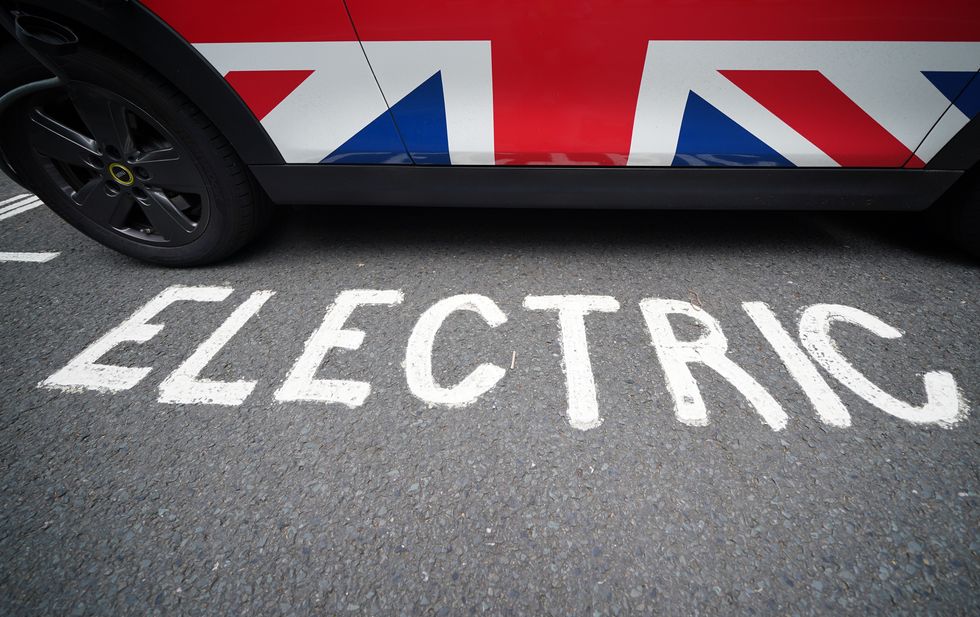
Electric car owners will be able to benefit from the new licence rules
| PABritons will not see any physical changes to their driving licences, but it will be reflected in the new rules.
Similar entitlements will also apply to vehicles which require specialist equipment to support disabled passengers.
These vehicles can have a MAM of up to 5,000kg, provided the extra 750kg of weight is down to the added equipment.
If someone passed their driving test before January 1, 1997, they can already drive a vehicle and trailer combination up to a weight of 8,250kg.
LATEST DEVELOPMENTS:
- Car-free zones in major city see air pollution levels drop prompting support for new road charges
- Electric car drivers 'benefit greatly' from falling charging costs as petrol and diesel prices rise again
- UK car production slumps to lowest level since 1949 as alarm bells ring - 'Incredibly challenging'
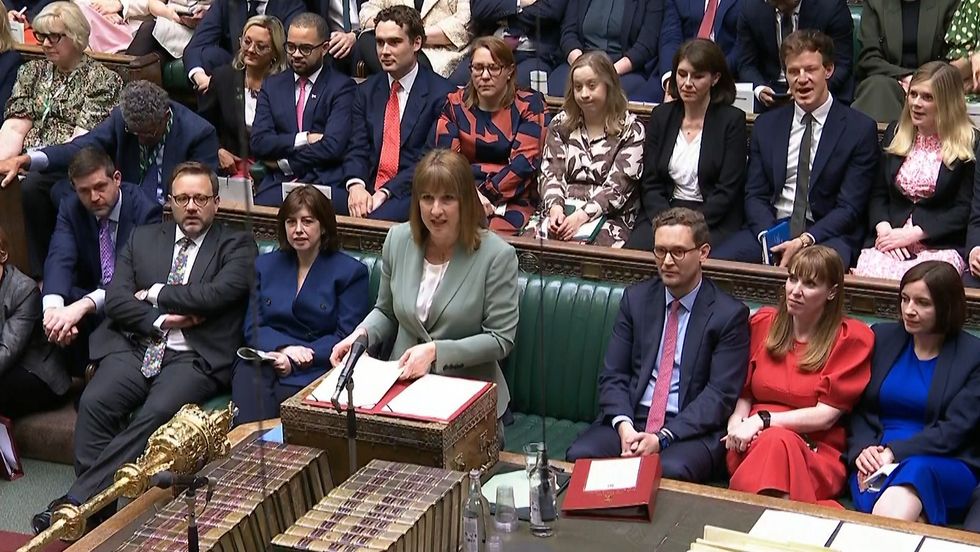 Rachel Reeves delivers her Government's spending review to MPs in the House of Commons | PA
Rachel Reeves delivers her Government's spending review to MPs in the House of Commons | PASpending review
Chancellor Rachel Reeves announced the Government's plans to grow the economy, with specific funding for the UK's car manufacturing sector, which has struggled in recent years.
Several key growth industries in the UK, including car production, will be boosted with additional funding for research and development, which will rise to £22billion a year.
A further £1.4billion was announced to support the continued uptake of electric vehicles, in addition to £400million to boost the number of EV chargers across the UK.
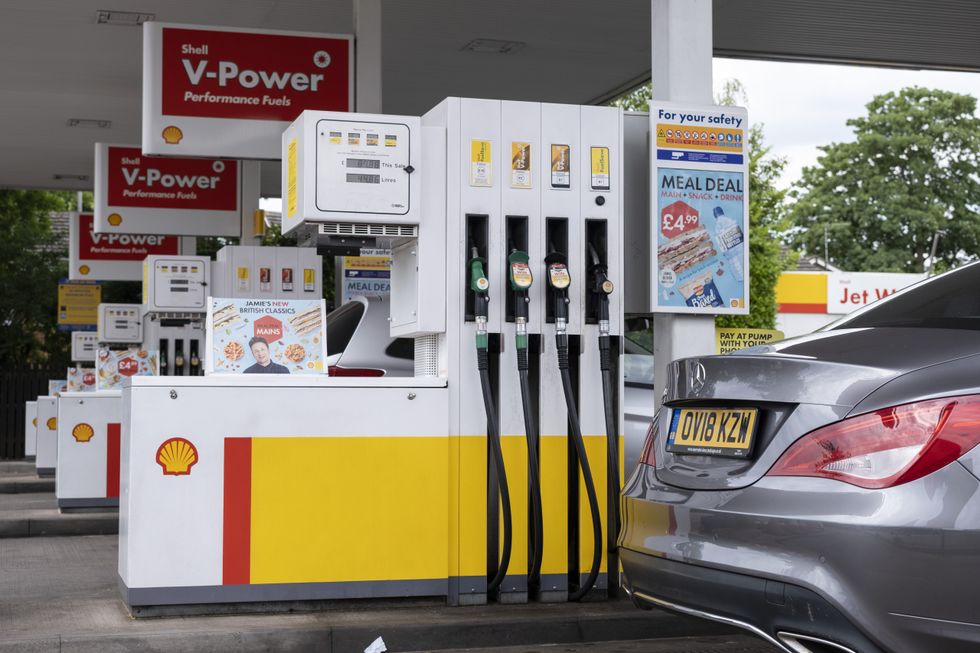
Advisory fuel rates change four times per year
| GETTYHMRC
New advisory fuel rates (AFRs) were rolled out at the start of June for the second update of the year from HM Revenue and Customs.
Drivers need to be aware of the AFRs as they are used for employees who need to be reimbursed for business travel in their company cars, or if employees need to repay the cost of fuel for private travel.
In the most recent update, most prices were kept the same, although petrol cars with engines between 1,401cc and 2,000cc saw costs fall to 14p, and over 2,000cc dropped to 22p.
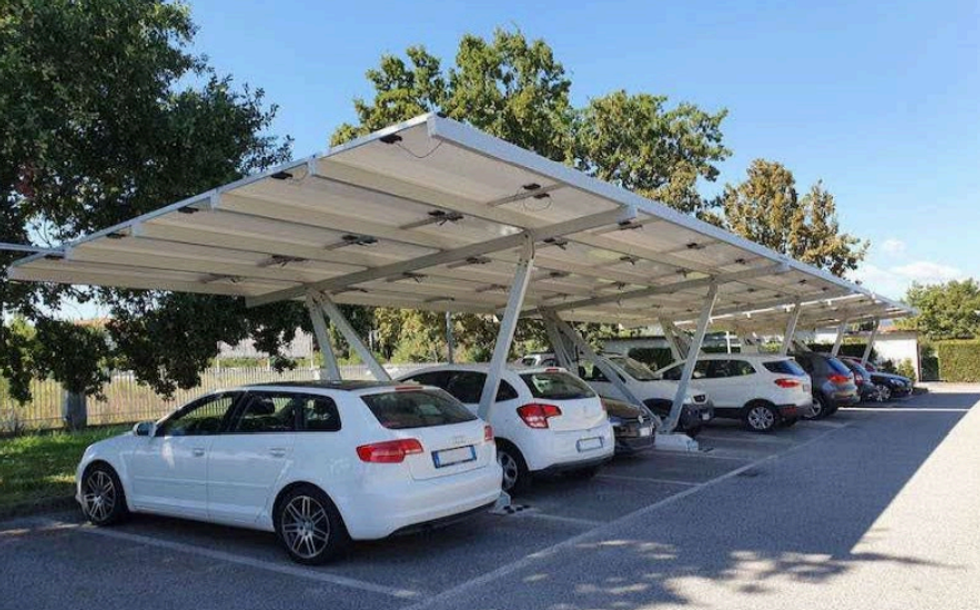 Estimates suggest solar canopies could save around £28,000 in electricity costs | DESNZ
Estimates suggest solar canopies could save around £28,000 in electricity costs | DESNZ Parking
The Department for Energy Security and Net Zero (DESNZ) concluded its call for evidence on the future of car parks across the UK in June, with a decision potentially being made before the end of the year.
It questioned whether rules should be introduced to mandate solar canopies on new outdoor car parks, as well as potentially installing them on existing developments.
Data suggests that a solar canopy above an 80-space car park could generate around £22,000 per year, with Energy Secretary Ed Miliband supporting the calls.


